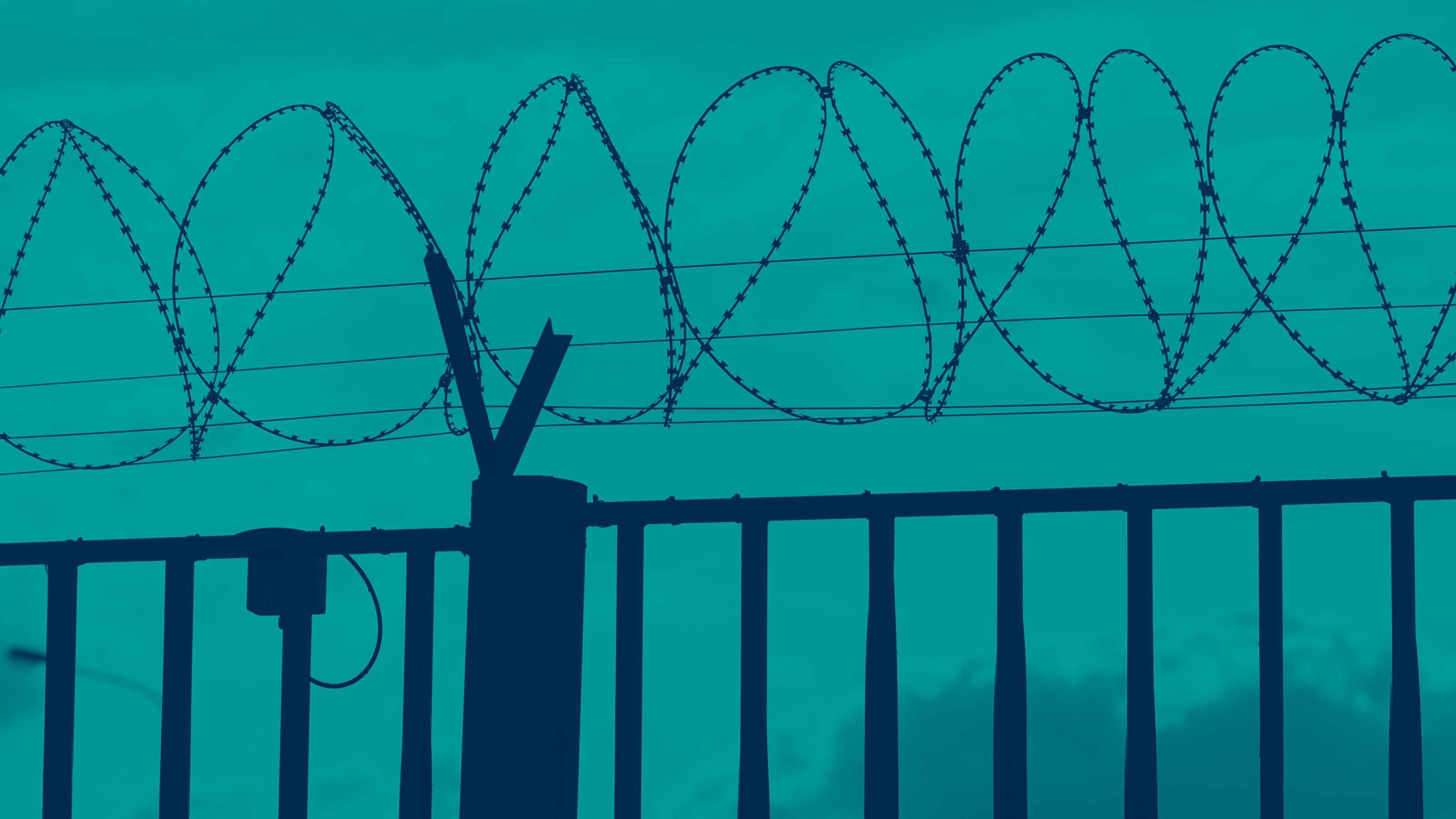Registration
You will receive an email confirming your registration.
Despite a recent ceasefire, relations between India and Pakistan remain tenuous and continue to be characterized by a rivalry as old as the countries themselves. In his upcoming book, Christopher Clary examines what explains the enduring nature of the India-Pakistan rivalry. Why have some periods in history been comparatively peaceful while others have been prone to conflict? And what impact do Indian and Pakistani domestic politics have on the relationship?
Carnegie India hosted Christopher Clary for a discussion on his upcoming book ‘The Difficult Politics of Peace’, which covers the swathe of India-Pakistan relations from Partition to the present day. This discussion was moderated by Srinath Raghavan.
Discussion Highlights
- Cyclicality of Cooperation and Conflict: Participants explained that rival states can be considered as those that perceive one another as military threats. Conflict and cooperation, however, continue to prevail beneath this surface of enduring rivalry. Participants noted that there have been periods of harmony in the India –Pakistan relationship and thus terming the relationship between the two states as an unending conflict would be inexact. Throughout history, there have been movements away from rivalry towards peace processes, bringing forth periods of stability. However, these have eventually collapsed into crises and at times, war.
- Leader Primacy Theory: Participants further posited that the policy that rival states choose to pursue towards each other is a function of their strategic incentives and leader primacy. The latter refers to the ability of each states’ national leaders to pursue and implement foreign policy decisions without fearing upheavals from other domestic actors. This, in turn, is determined by the concentration of executive power in the leaders’ hands. Conversely, when such executive authority is fractured, states will be unable to pursue sustained steps towards conciliation even when strategic incentives are favorable for rapprochement. Further, participants noted that within rival states, a fractured authority structure has an escalatory bias that increases the likelihood of rivalries and worsens relations. As an instance of this theory, participants quoted the successes of the two countries demarcating their border and resolving virtually all outstanding disputes between October 1959 and January 1950 owing to the interests of the leadership in India and Pakistan at the time. Participants also attributed the consolidation of ties in the late 1970s to the existing concentration of executive authority in both states. Reversions to rivalry in the intervening periods can be attributed to the leaders’ faltering postures with the emergence of competing hawkish actors in domestic politics.
- Strategic Incentives: Participants explained that strategic incentives alone are unable to secure reconciliation when veto players, actors that are likely to push the rivalry to danger, become increasingly consequential in the domestic politics of any state. Rivalry in these instances produces a high-stakes feud between moderates and hardliners. The moderates cannot pursue conciliatory policies without first disarming the hardline domestic opponents. Inaction in such situations is more likely to feed into the perpetuation of the rivalry. Strategic incentives, however, are likely to favor rapprochement when either fewer resources are available to the state due to factors such as economic stagnation and foreign exchange crises, or when threats faced by the state worsen due to a rival’s relative military improvement. Participants cited examples from the history of the relationship, including in the aftermath of the economic crises between 1956 to 1960, and later in 1973 to 1974, as instances of conciliation driven by exigent resource constraints.
- Fractured Authority Hypothesis: Participants argued that strong leadership in both countries is required for building enduring peace in the India-Pakistan relationship. To illustrate this, participants drew from major episodes in the India-Pakistan rivalry, including the Border Delimitation Talks (1958-59), the signing of the Indus Water Treaty (1960), the Simla Accords (1972), the recognition of Bangladesh (1974), and the Re-Normalization Initiatives (1973-76). Participants argued that due to domestic political considerations, leaders usually self-censor their conciliatory aspirations owing to fears of stalling from bureaucratic opponents, insubordination, and sabotage from domestic veto players. However, when there is a concentrated foreign policy authority, leaders have the latitude to attempt reconciliation. Participants thus concluded that periods with strong strategic incentives for rapprochement combined with a concentrated control of executive authority are better suited to the purposes of reconciliation and de-escalation in times of crisis.
This event summary was prepared by Navroz Singh, a research intern at Carnegie India.
